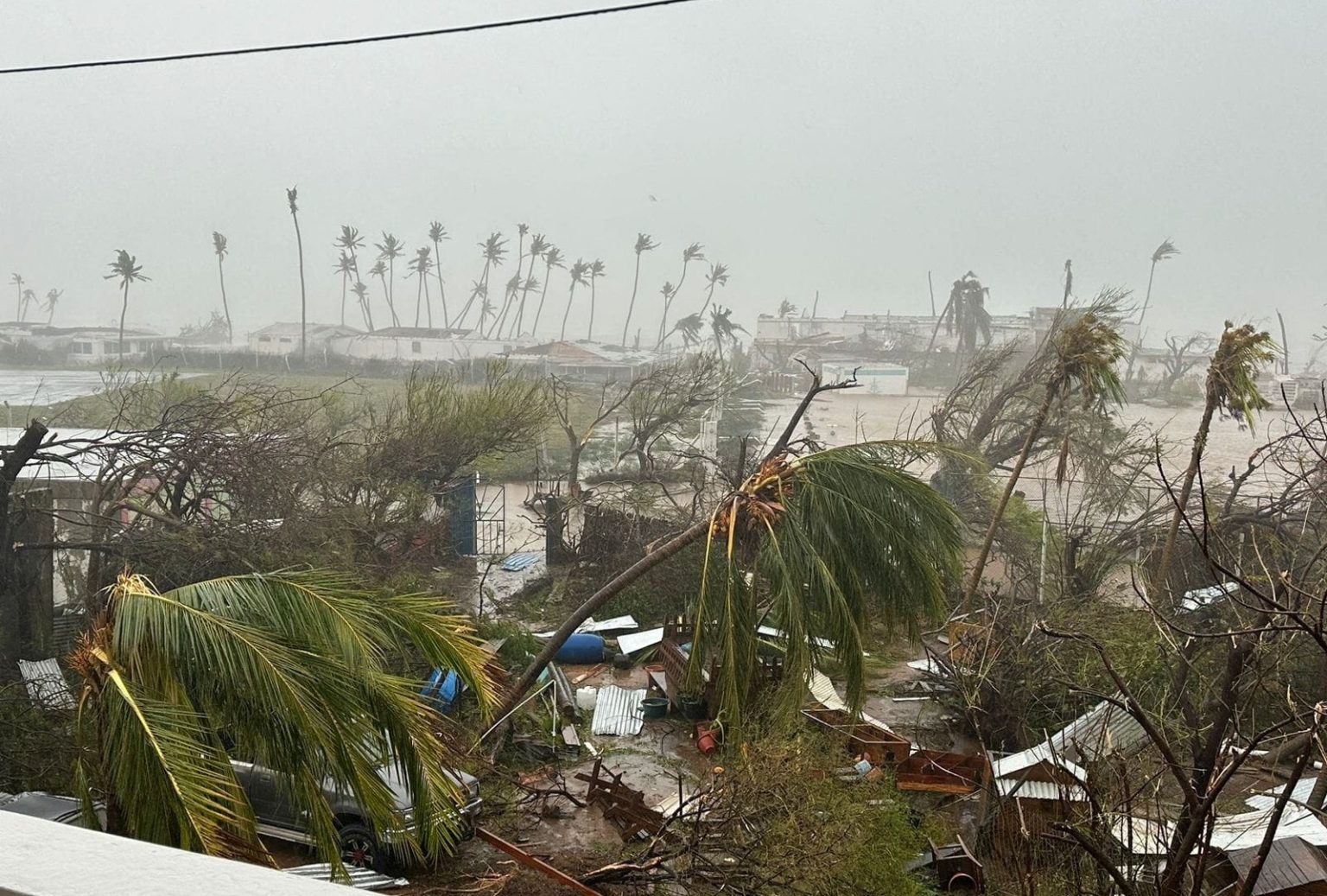The recent devastation caused by Hurricane Beryl in the Caribbean, along with the ongoing impact of Typhoon Gaemi in Southeast Asia, highlights the destructive power of extreme weather events. As the earliest Category 5 hurricane on record to hit the region, Beryl swept through several Caribbean islands before making its way to the Gulf of Mexico. The Caribbean, known for its beauty and culture, has become a symbol of climate vulnerability, with each hurricane season bringing fear and uncertainty as storms become more intense and unpredictable.
The aftermath of Hurricane Beryl serves as a stark reminder of the harsh reality faced by communities in the Caribbean. Homes are destroyed, infrastructure is in ruins, and lives are lost as the economic toll of recovery efforts becomes overwhelming for these nations. The increasing frequency and intensity of hurricanes are directly linked to the use of fossil fuels, which fuel climate change and worsen the impact of these catastrophic events, particularly on small island nations like those in the Caribbean.
The science behind climate change is clear: the burning of fossil fuels is leading to more severe and frequent extreme weather events, impacting vulnerable regions like the Caribbean. Rising sea levels, powerful hurricanes, ocean acidification, droughts, and high temperatures are all threats facing island nations on the front lines of climate change. The reliance on tourism, fisheries, and agriculture in these regions further exacerbates the challenges posed by climate change, as limited resources hinder effective adaptation and resilience efforts.
The international community must address the injustice faced by Small Island Developing States (SIDS) with urgency and determination. A binding international treaty regulating fossil fuels would not only address the root cause of climate change but also provide support for vulnerable nations to adapt and mitigate its impacts. Such a treaty would enforce limits on fossil fuel extraction, promote a transition to clean energy sources, and hold countries accountable for their contributions to global heating.
The urgency of the climate crisis demands bold and decisive action to combat its effects. For island states like those in the Caribbean, survival is at stake, making the establishment of a Fossil Fuel Treaty imperative. This treaty would signify a global commitment to ending the fossil fuel era and ushering in a more sustainable, equitable, and safer future for all. The victims of extreme weather events like Hurricane Beryl deserve more than sympathy – they deserve concrete action to address the root causes of climate change.
As Hurricane Beryl fades from the headlines, the lessons it leaves behind must not be forgotten. The call for a Fossil Fuel Treaty is a call for justice, resilience, and protection of the planet. Urging governments to respond with the urgency and resolve required by the climate emergency is essential to safeguarding the future of island communities and vulnerable regions worldwide. The time for half measures and incremental changes is over – bold action is needed to address the global climate crisis and protect the most at-risk populations from its devastating impacts.


